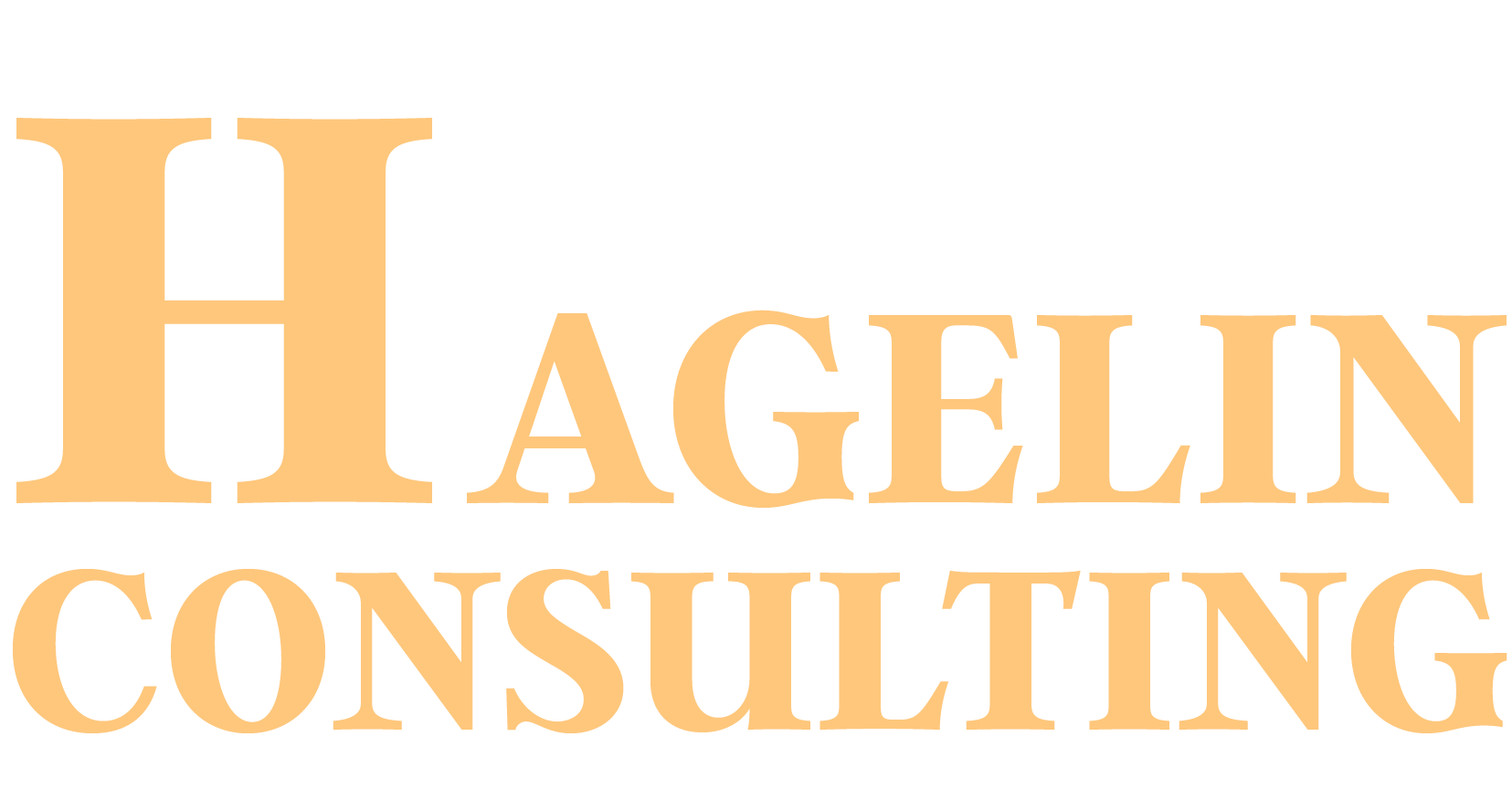As a marketing expert who has navigated the waters of both traditional and digital marketing, I’m often asked, “Will digital marketing replace traditional marketing?” The simple answer is not quite black and white. Instead, it’s a spectrum of grays that is influenced by various factors, including your business type, target audience, and overall objectives.
Let’s take for example where I started, in Trade Shows.
Trade shows in 2019 were starting to lose their ROI for small business owners where private events started taking over. Prior to 2012, many companies could book their entire year out in one trade show.
From the yellow pages into early digital search, customers were more comfortable meeting with businesses face-to-face. As the digital age moved forward and customers became more comfortable Googling a contractor with more certainty, trade shows became less relevant for sales.

The Emergence of Digital Marketing
Digital marketing refers to the strategies and techniques used to reach consumers through digital technologies, primarily the internet. It’s a broad field encompassing search engine optimization (SEO), content marketing, social media marketing, email marketing, mobile marketing, and more.
Over the past two decades, the rise of digital marketing has been truly meteoric. Today, with more than half the world’s population using the internet, digital marketing is seen as a necessity for businesses, especially small businesses.
As we now understand as marketers, the importance of digital marketing, it’s also important to understand the importance to the consumer.
Yes, we can reach a very wide audience, but consumers can also vet companies much quicker.
Although digital marketing rose quickly, traditional marketing never left and never will.
The Role of Traditional Marketing
However, this does not mean that traditional marketing — encompassing techniques like print advertisements, billboards, direct mail, and TV and radio commercials — is obsolete.
Even in a world saturated with digital content, traditional marketing methods can still be impactful. Traditional media can be particularly effective in building brand recognition and reaching demographics that are less internet-savvy. Moreover, many consumers trust and respond positively to traditional advertisements because they are familiar and tangible.
Especially with so much noise on the internet, relationships are more important than ever.
The Convergence of Digital and Traditional Marketing
So, will digital marketing replace traditional marketing? From my professional perspective, it’s not about replacement but about integration. The future of marketing lies in a convergence of digital and traditional methods.
Integrated marketing communications create a comprehensive, seamless experience for consumers by blending the strengths of both digital and traditional marketing.
For instance, you could use a billboard (traditional marketing) to raise brand awareness and a website (digital marketing) to provide detailed product information and facilitate online purchases. Alternatively, you could complement a direct mail campaign with a personalized email marketing campaign, reaching your audience through multiple touchpoints and boosting the effectiveness of your message.
As a small business owner, leveraging both digital and traditional marketing allows you to meet your audience where they are. By adopting an integrated approach, you can ensure your marketing efforts are holistic and your message consistent across all platforms.
Tips for Small Business Owners
- Know your audience: Understand their habits, preferences, and media consumption patterns. This will help you decide the right mix of digital and traditional marketing.
- Leverage the strengths of both: Use digital marketing for its reach, measurability, and personalization, and traditional marketing for its tangibility and broad demographic appeal.
- Stay consistent: Regardless of the platform, ensure your branding and messaging are consistent. This builds trust and recognition.
- Measure and adjust: Continually monitor your marketing efforts’ performance. Use the insights you gain to adjust your strategies and optimize return on investment.
Let’s talk about how your marketing strategy can improve with a combination of marketing strategies.




